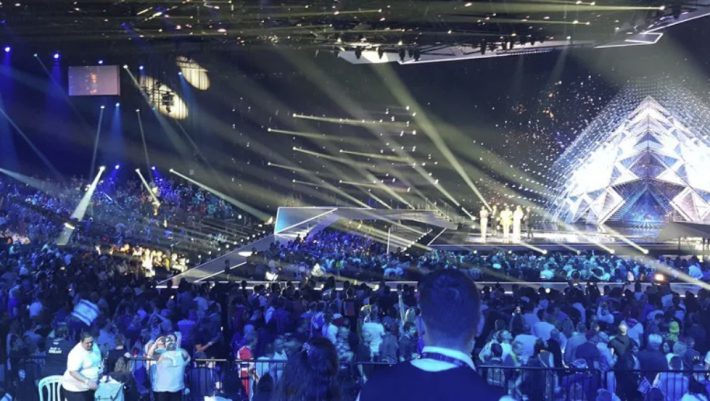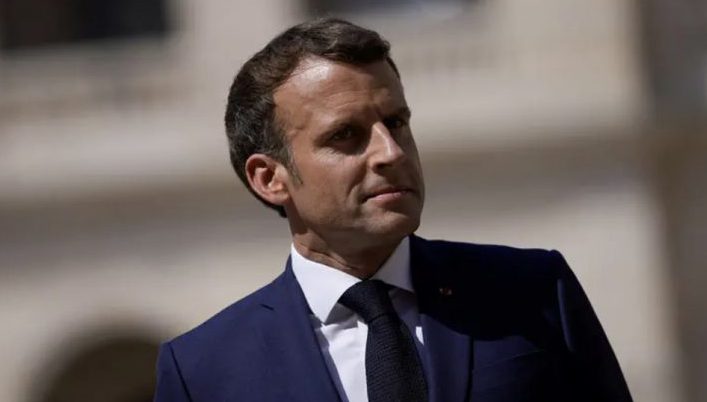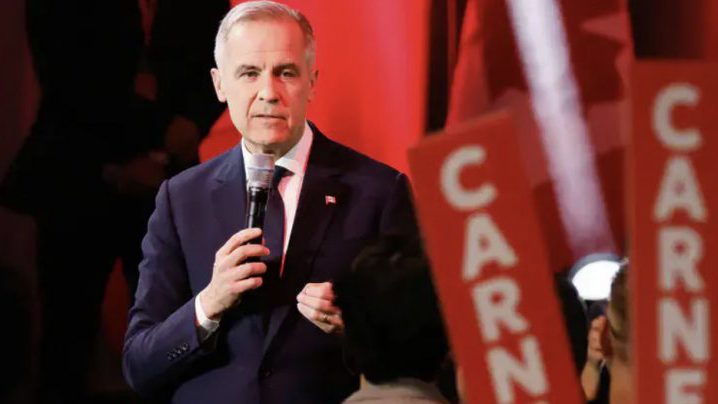Austrian Eurovision 2025 champion JJ voices strong opinions regarding Israel’s participation in the contest and the fairness of the voting system, expresses desire for Eurovision 2026 to be held “without Israel.”
Just days after lifting the Eurovision 2025 trophy, Austrian singer Johannes “JJ” Pietsch made headlines with remarks regarding Israel’s continued presence in the song contest and the integrity of its voting mechanisms.
In an interview with Spanish newspaper El País, Pietsch stated, “It’s very disappointing to see Israel still participating in the competition.”
He further expressed his preference for next year’s event to be held “without Israel,” adding, “But the ball is in the European Broadcasting Union’s court. We, the artists, can only speak out on the matter.”
These comments echo sentiments from Switzerland’s 2024 winner, Nemo, who also advocated for Israel’s exclusion due to its counterterrorism operation in Gaza. Prior to the 2025 contest, 78 past Eurovision participants, including Spain’s Blanca Paloma and Australia’s Montaigne, signed an open letter to the EBU, urging organizers to remove Israel. The letter contended that “by continuing to platform the representation of the Israeli state, the EBU is normalising and whitewashing its crimes.”
Beyond the political, Pietsch also raised concerns about the fairness of the Eurovision voting system, particularly following Israel’s strong performance in the public televote.
“There should be greater transparency regarding the televoting. This year, everything was very strange about it,” the singer remarked.
Israel’s Yuval Raphael, who performed the song “New Day Will Rise” in Saturday’s grand final, came in second behind the Austrian representative, but she only received 60 points from the juries. The remaining 297 points came from the public, which overwhelmingly favored Israel’s entry over any other country.Just days after lifting the Eurovision 2025 trophy, Austrian singer Johannes “JJ” Pietsch made headlines with remarks regarding Israel’s continued presence in the song contest and the integrity of its voting mechanisms.
In an interview with Spanish newspaper El País, Pietsch stated, “It’s very disappointing to see Israel still participating in the competition.”
He further expressed his preference for next year’s event to be held “without Israel,” adding, “But the ball is in the European Broadcasting Union’s court. We, the artists, can only speak out on the matter.”
These comments echo sentiments from Switzerland’s 2024 winner, Nemo, who also advocated for Israel’s exclusion due to its counterterrorism operation in Gaza. Prior to the 2025 contest, 78 past Eurovision participants, including Spain’s Blanca Paloma and Australia’s Montaigne, signed an open letter to the EBU, urging organizers to remove Israel. The letter contended that “by continuing to platform the representation of the Israeli state, the EBU is normalising and whitewashing its crimes.”
Beyond the political, Pietsch also raised concerns about the fairness of the Eurovision voting system, particularly following Israel’s strong performance in the public televote.
“There should be greater transparency regarding the televoting. This year, everything was very strange about it,” the singer remarked.
Israel’s Yuval Raphael, who performed the song “New Day Will Rise” in Saturday’s grand final, came in second behind the Austrian representative, but she only received 60 points from the juries. The remaining 297 points came from the public, which overwhelmingly favored Israel’s entry over any other country.
The Austrian singer’s call for change aligns with broadcasters from Spain, Iceland, Belgium, Finland, and Ireland, who have either requested audits of their national televoting results or questioned the current methodology. A central point of contention is the allowance for viewers to cast up to 20 votes, which critics argue facilitates coordinated campaigns and introduces political influence, detracting from the contest’s artistic intent.
An investigation by the EBU’s independent fact-checking network, Spotlight, reportedly uncovered a digital advertising campaign orchestrated by a government-linked Israeli agency aimed at boosting votes for Israel’s entry.





